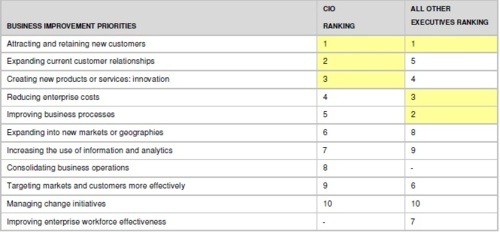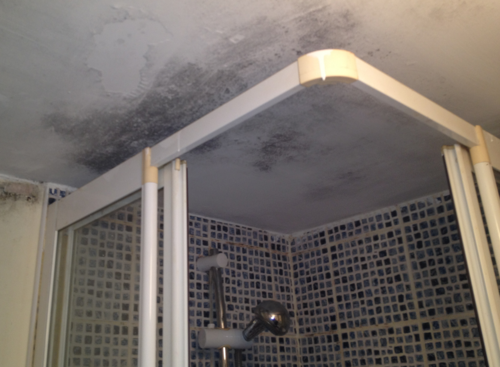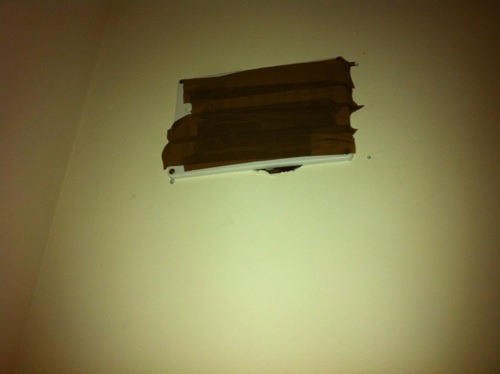So you’re thinking about starting a Letting Agency?
Back again with another business blog, and today I am going to recall some of my global strategic management knowledge to help break down the different letting agent strategies. Starting a Letting Agency involves a good bit planning and strategy. If you know anything of business strategies, you will have heard of Michael Porter, a leading opinion leader on business strategy and lecturer at the professor at Harvard Business school.
Image: Michel Porter’s Generic Strategies for Letting Agents

A popular approach that he believes for any company to take is the generic focus strategy. And what this means is you are either going to try and be the best on the market or you are going to try to be the cheapest (See Image above). On both occasions you are looking to work towards one thing, a competitive advantage in the industry, for the purpose of this blog we are going to discuss the lettings and management industry.
So what I decided to do to show you a quick example of two different letting agents with two opposite strategies is jump on Google and see whats on offer with agents in Ireland. Within a few minutes, I stumbled upon two agents advertising with VERY different approaches, one taking the low-cost strategy and one offering a premium and differentiated service to landlords for lettings.
Agency 1 – Mannix Ryan Estate Agents

Letting agency Strategy Case Study 1
This agency stuck out to me in particular because of their claim to be the only agency doing what they do. This is a clear attempt at gaining a competitive advantage due to their superiority and different offering, compared to every other agent in Ireland. Even comparing their website and the social media tags below the text to others, I have seen that it is clear that this service is based around quality and not price, in fact there is no mention of how much it costs. So the value proposition to the landlord is on innovation through the use of video. Now we look at another agent offering the same service but differently.
Letting agency strategy Case Study 2

Now we look at the low-cost letting agent. As you can see from this advertisement, that I came across on Daft.ie , everything about the company and the brand screams low-cost. This is in stark contrast to above where the product offering was describing in detail the excellent service and differentiated marketing ability they offer. A great example of one the biggest companies in the world who has gained and sustained a competitive advantage in their market, based around choosing a focus strategy on costs is Ryanair. On the flip side, a company who has developed a sustainable competitive advantage based on differentiation and innovation/quality is Apple, who charge big bucks for their products.
So there you have some basic business strategy examples for starting a letting agency. I guess I wanted to find out what agents are doing at the moment and how effective are they finding their business strategy in terms of increasing their landlords, tenants, properties and revenues. Is one strategy better in the other, can we find a balance between the two?
I’d love to hear your thoughts, or if you have any questions, do get in touch!
by Rentview
The following may be of interest:




